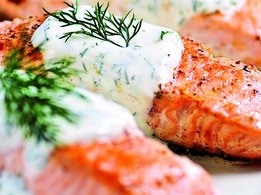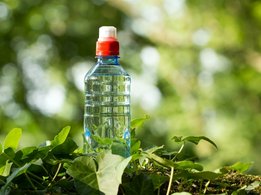Energy is mainly obtained from carbohydrates and fat. Since patients with kidney failure have a higher risk of having elevated cholesterol, you may be advised to avoid foods that are high in saturated fats or cholesterol. Read food labels carefully to determine the fat and cholesterol content. Choose unsaturated fats of a higher quality like olive oil or fish. If you have diabetes be very careful about eating sweets. A dietician’s guidance is especially important for people with diabetes mellitus.
If you do not eat adequate amounts of carbohydrates and fat, protein might be used by the body as energy with the risk of muscle tissue breaking down in order to release protein.
Not eating enough protein can lead to malnutrition, weight loss, muscle weakness and poor health. Malnutrition is a serious risk in dialysis patients. Before starting dialysis, your nephrologist may have told you to follow a low-protein diet to preserve kidney function. But now you have different nutritional priorities. Most people on dialysis are encouraged to eat as much “high-quality” protein (e.g. poultry, fish, beef) as they can.




![[Translate to COM English:] [Translate to COM English:]](/fileadmin/_processed_/3/7/csm_slider_1_31be01aee8.jpg)
![[Translate to COM English:] [Translate to COM English:]](/fileadmin/_processed_/b/6/csm_Stir-fried_Chicken_homeTeaser_453c12faa7.jpg)